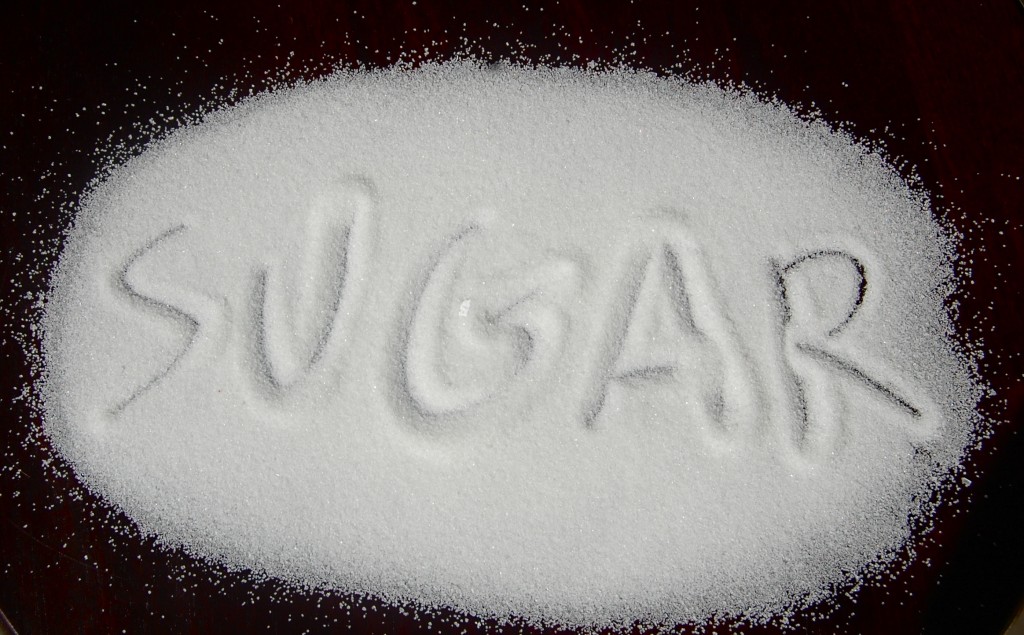At the recent Republican presidential debate, moderator Neil Cavuto asked an interesting question about, admittedly, not exactly a hot-button issue in the campaign…
“Governor Kasich, while everyone has been focusing on Iran’s provocations, I’m wondering what you make of what Saudi Arabia has been doing and its recent moves in the region, including its execution of a well-known Shi’ite cleric and its move to dramatically increase oil production, some say in an effort to drive down oil prices and force a lot of U.S. oil producers out of business.
“Sure enough, oil prices have tumbled. One brokerage house is predicting a third or more of American oil producers and those heavily invested in fracking will go bankrupt, and soon Saudi Arabia and OPEC will be back in the driver’s seat.”
Cheap foreign oil vs. American oil industry jobs.
The question highlights a schism between free-market conservatives, not just on oil, but a number of other commodities, especially sugar.
Currently, the United States has a program in place to protect the domestic sugar industry from foreign producers – such as Brazil, India and Thailand – from flooding our market with their heavily subsidized, artificially cheap sugar.
Indeed, Brazil is often referred to as the “OPEC of sugar.”
Some free-market conservatives are again pushing Congress to immediately end the U.S. sugar program and allow unlimited, artificially cheap, government-subsidized foreign sugar to be imported into the country.
The result, of course, would be to drive down domestic sugar prices and put a lot of sugar farmers out of business. At which point the foreign exporters will be free to jack up their prices because American competition will be gone.
The risk, however, is far greater for sugar than oil.
Because the oil will still be underground a year from now, five years from now, ten years from now, etc. However, once a sugar field is paved over and converted into a housing development, office complex or shopping center…it’s gone. You can’t get it back.
A free market is ideal. However, when competitors artificially sell exports for less than the cost of production in an effort to destabilize, if not permanently cripple or kill an important U.S. industry, that’s not a free market. And Congress has every reason to retain protective measures.



